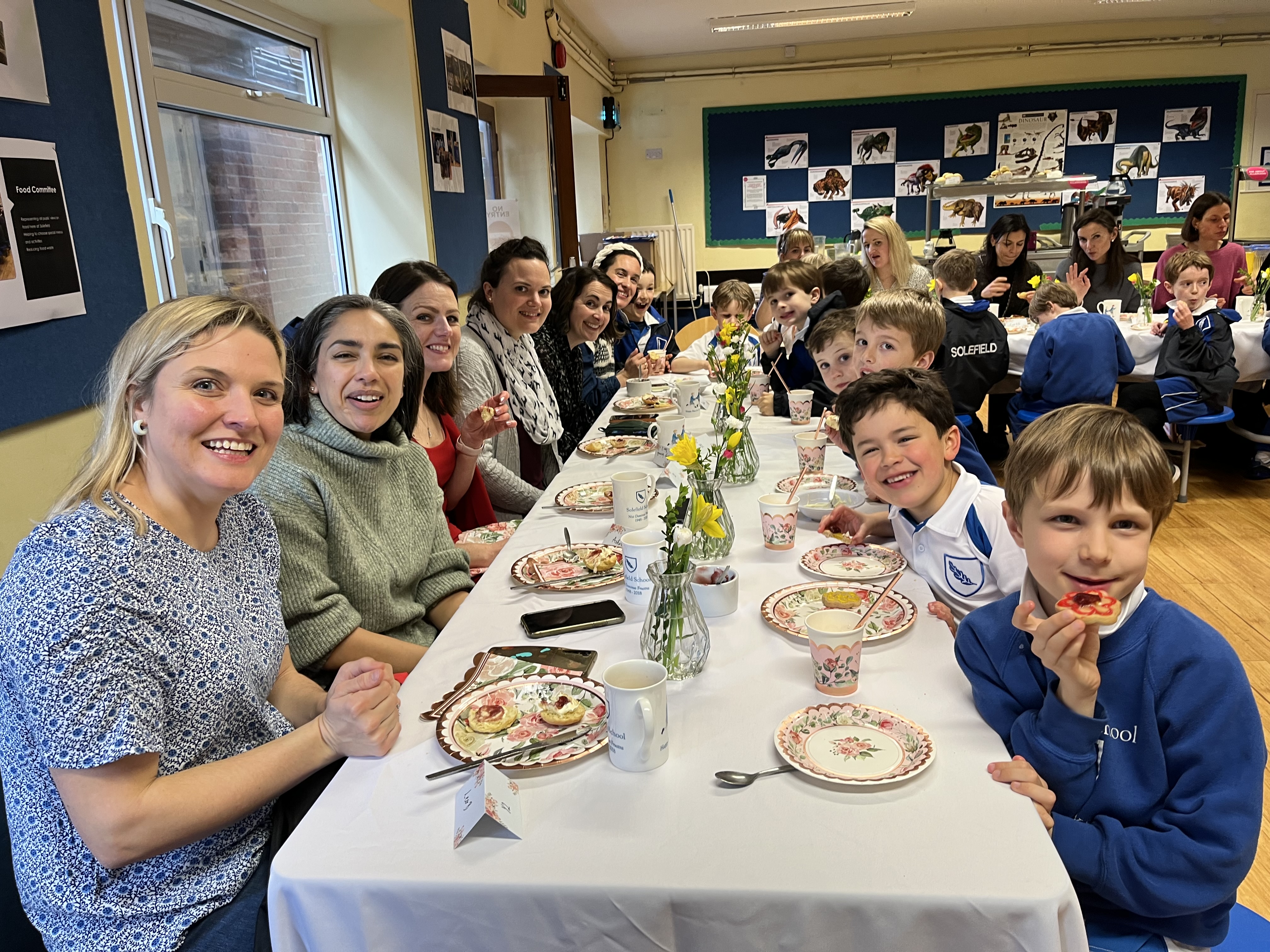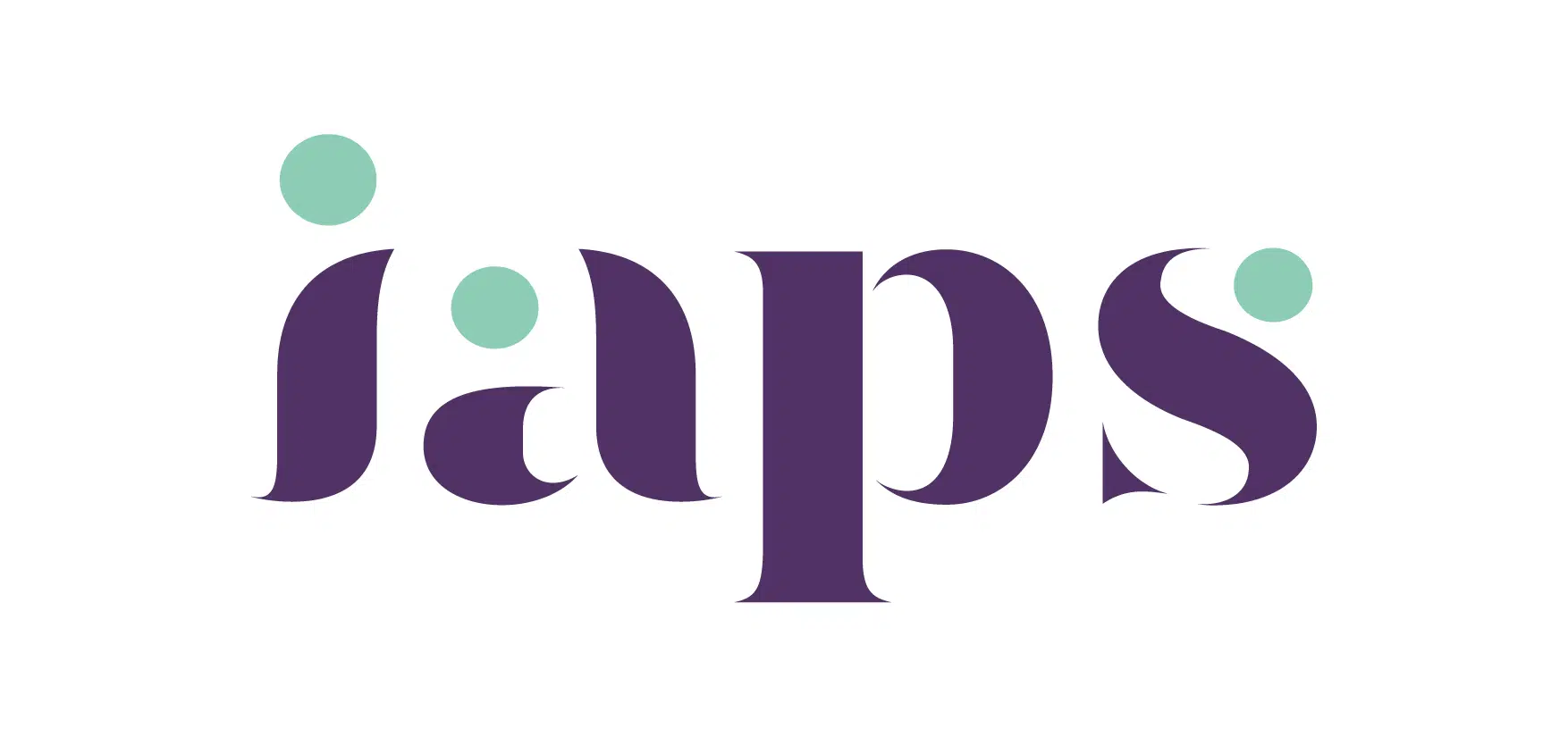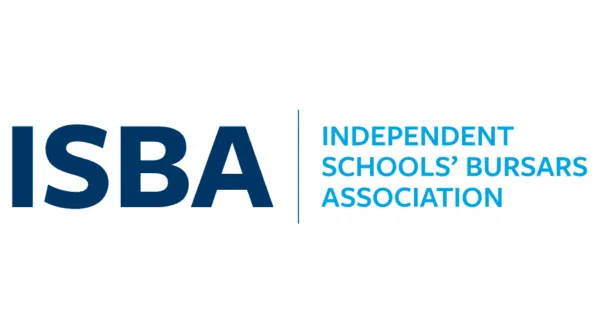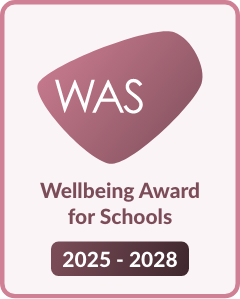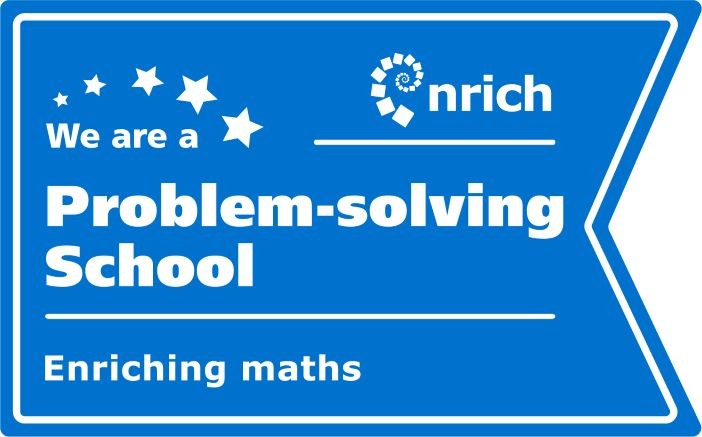Britain has the biggest primary school classes in the developed world. State primary schools in the UK now have an average of 28 pupils. There has been a 29% increase in the number of pupils in classes of 31 or more and a 44% increase in pupils in classes of 36 or more since 2010*.
At Solefield School, our average teaching group size is between 10 and 12. Our overall pupil to adult ratio is approximately 1:5. Our belief is that this is a key factor in our academic and pastoral success.
Here are ten reasons why your child could benefit from our smaller class sizes:
1. More teacher attention and feedback
The fewer pupils there are in a class, the more time and attention the teacher can give each one. Our teachers get to know each child well and work with them individually ensuring they make the most progress possible in every subject. As well as very small teaching groups, pupils are also supported and extended by teaching and learning support assistants throughout the school.
2. No one slips through the net
Our smaller classes mean that everybody is involved in each lesson – there is nowhere to hide! Our teachers know pupils extremely well; in our staff meetings, the progress and wellbeing of every single child is discussed, not just those for commendation or reprimand. Every child’s progress is tracked and followed closely with quick interventions to both support and extend.
3. Individualised learning
At Solefield, staff plan individualised programmes of work for every pupil, extending and developing each as appropriate. Smaller class sizes allow teachers to address the unique needs and learning style of each individual child. Pupils take part in learning activities that may not be possible with larger classes and are supported in these by specialist teachers, from as young as 3. Our pupils learn to work in pairs, groups and individually and have the peace and space to concentrate. This is important not just for their academic progress but also for their mental wellbeing.
4. Pupil confidence
Pupils do not just receive information from their teachers at Solefield. They process it and communicate it back to others. Each pupil shares and expresses their ideas and opinions. This also allows them to listen to and engage with the thoughts of others, to reason and question and to develop independence. All pupils in Years 7 & 8 follow our unique Scholarship Pathway, working in small groups on an area of their choice of STEM, Academic, Art, Drama, Music or Sport.
5. Communities, not just classes
We have an extremely strong system of pastoral support. Manners are very important to us and each child is taught to be respectful and courteous to each other and staff, developing skills for later life. Pupils even eat in small ‘family’ groups with their teachers. Mental wellbeing is paramount for us and we nurture each child closely. One excellent benefit of small class sizes is that the pupils really are part of a community. The interaction and participation that increase as a result of the smaller class size allows each student to develop a sense of belonging to the group. We have a Wellbeing Committee of pupils and staff and Wellbeing Hubs, a school counsellor and talk time available for all. We have Wellbeing lessons within the timetable for reflection and relaxation and time to spend with our Wellbeing dogs, Charlie and Monty.
6. Enrichment opportunities
There are many trips and visitors for each year group, ranging from dance workshops and touching moon rock to learning from visiting authors, handling ducklings and birds of prey. All our pupils participate in our teams, school choirs and plays. We usually also have over 40 clubs on offer and pupils from Year 5 upwards go on residential trips. When classes are small, your child will benefit from more exposure to these additional enrichment activities.
.jpg)
7. Mentoring and leadership
Pupils get to know each other well by first name, whether they are 3 or 13. Solefield School is small enough that pupils play, have assemblies and house meetings together. The older children act as mentors and role-models for the younger ones and relationships across year groups are very strong. Older pupils are used unashamedly as role-models and help younger pupils in form time and playtime.
8. A partnership with parents
We work very closely with parents to put the child at the heart of all that we do. Being a small and caring school means that staff and parents get to know and support each other closely, whatever the age of the child.
9. More space to grow
We have well-appointed facilities – a stand-alone Pre-Prep building, a large Music Room, Art Room, ICT Suite, Lego Room, atrium and library as well as spacious and beautiful classrooms and an astro-turfed play area. At Solefield, we have space for the mind and space for the body.

10. Learning increases
Although largely non-selective, we feed some of the best grammar and independent schools in the country, with scholarships awarded at 11 and 13, and we enjoy a 95% pass at 11+, with 70% of these accepted to the local super-selective grammars.
Should you wish to meet us and tour our school, please click here to come to our next open morning, or contact our Registrar, Mrs Lindsay Savage on 01732 452 142, email [email protected]
Small classes, small school, focused learning, strong relationships.
At Solefield, small really is beautiful.
*According to the Organisation for Economic Co-operation and Development's latest Education at a Glance study.

Mrs Helen McClure
Headmistress
